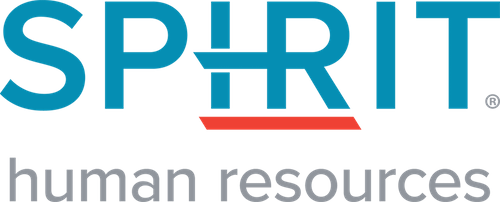Employer Payroll Tax Responsibilities

Payroll deductions can be either taxes as required by federal or state regulations or payments the employee has authorized to pay for benefit plan contributions, uniforms, or other allowable items.
Here are some of the basics to help you understand these matters.
Tax Deductions
Taxes deducted from employees’ pay as required by law include social security, Medicare, federal income tax and in some states, state income tax or local taxes. These deductions affect your employees’ take-home pay. They need to be right both for your employees and for the government.
Employers must also pay a matching contribution of social security and Medicare taxes up to the annual limits.
Tax Deposits
Employers must remit taxes according to federal and state tax deposit schedules. Deposit frequency is based on the employer’s payroll tax liability. Larger tax liabilities must be deposited more frequently than smaller liabilities. Federal taxes are remitted to the IRS and state and local taxes to specific agencies.
Tax Deductible Employee Benefits
Employee benefits are another way to keep everyone happy at your company, but how do you make that work for you too? There are certain tax deductions you can make which will help offset the cost of employee benefits. Here are a few examples of employee benefits that you can deduct from your business tax return.
Health plans, life insurance, and retirement plan contributions are all deductible business expenses to employers if they are compliant with IRS regulations.
Cafeteria plans are also beneficial because they reduce employees’ taxable wages thereby reducing the employer’s social security and Medicare taxes.
Gifts are deductible if they are of nominal value and bonuses and awards are deductible to your business but may be taxable to employees.
You may take a business tax deduction for the cost of providing educational assistance to employees as long as it is set up under the IRS regulations.
Non-deductible employee benefits
Costs such as dues at golf or country clubs for employees cannot be deducted.
Staying compliant
Tax requirements can be confusing. It is always a good idea to consult a professional to assist you with taxability issues. Your CPA or tax preparer understands your business and can help with assessing these issues.
Latest Blogs from Spirit HR
Are You Wasting Money on HR? The Hidden Costs of Payroll, Benefits, and Compliance
The Hidden Costs of Managing HR the Old Way Many business owners believe they can’t afford a PEO (Professional Employer Organization). The truth? They’re already spending the money—but in an inefficient way. Most businesses rely on multiple HR service providers to...
Experience the New and Improved Spirit Connect
Running a business is hard—but managing HR doesn’t have to be. At Spirit HR, we are committed to making workforce management simpler, more efficient, and more intuitive for our clients. That’s why we’re excited to introduce new technology upgrades to Spirit Connect,...
Excellence in Action: How Spirit HR Achieves Near-Perfect NPS Scores
At Spirit HR, excellence isn’t just a goal—it’s the foundation of everything we do. Under the leadership of our President & COO, Marilyn Conyer, we’ve built a culture that drives exceptional service, reflected in our near-perfect Net Promoter Scores (NPS). In a...
